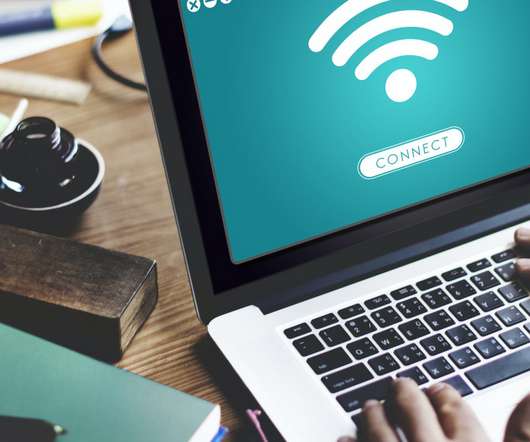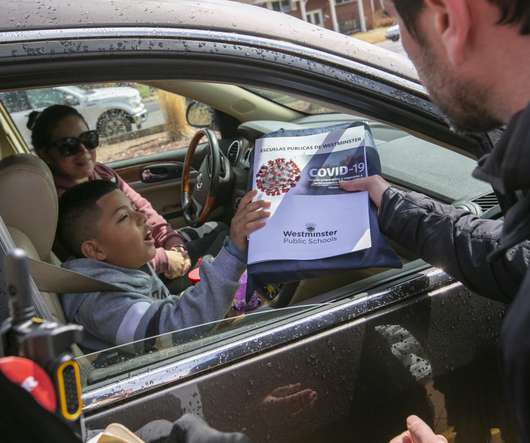State Leadership Working Towards Broadband Access for All
edWeb.net
MAY 1, 2019
If the workday of an adult typically requires seamless broadband access, then it’s reasonable that today’s students need the same access during their school day. The key is the state leadership to make broadband accessible to all. More important, states are starting to recognize the need for equitable access off site.





















Let's personalize your content